Why is breakfast the most important meal and what does cereal have to do with it
Categories: Food and Drinks
By Pictolic https://pictolic.com/article/why-is-breakfast-the-most-important-meal-and-what-does-cereal-have-to-do-with-it.htmlEach of us has heard at least once that "breakfast is the most important meal of the day." Spreading this truth is the work of "experts" in the field of proper nutrition who are not too burdened with knowledge. In fact, breakfast is the same meal as lunch or dinner. And it can be skipped without tangible consequences for the body, and repeatedly. But where did the persistent myth about the importance of breakfast come from? The Americans are to blame for everything.

Our ancestors knew absolutely nothing about the importance of breakfast. We are now talking not only about cavemen, but also about our grandparents. When they woke up in the morning, they did not run to the kitchen to cook themselves an omelet and coffee, but got to work as soon as possible. After a while, sometimes having managed to do a lot of things, they felt hungry and only then ate.
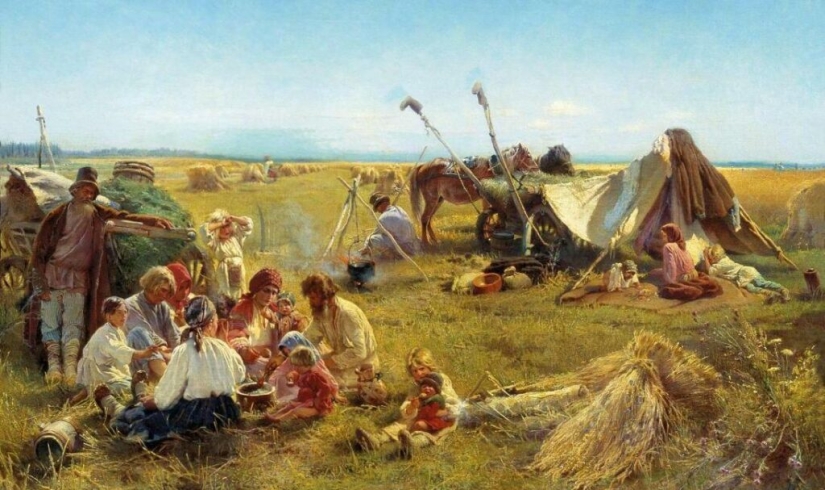
Classical Russian literature is replete with descriptions of scenes from peasant life. Based on them, you can get an idea of the daily routine of ordinary people. In Leo Tolstoy's novel Anna Karenina, the author describes an ordinary day of village mowers. Waking up before dawn, they immediately go to the field to have time to mow more until the sun bakes.
As soon as the sun rose to the zenith, the peasants put down their braids and settled down in the shade of the sheaves to rest. At this time, wives and children came to them with simple rural products: eggs, bread, milk. It was an employee's lunch, after which they went to bed. We rested until the sun dipped to the horizon and then worked until night.
When it became impossible to mow, the mowers went home. A simple and hearty dinner was waiting for them there, after which they immediately went to bed. As we can see, the peasants did not hear about any breakfast in the time of Lev Nikolaevich and did not suffer from it at all.
So where did the opinion come from that breakfast is mandatory, useful and almost vital? For the first time, the importance of the morning meal was talked about in the United States in advertising. Food manufacturers, enlisting the support of marketers, hammered into people's heads the idea that "breakfast should not be missed." This concept has moved from the American market to the world market and now it is known even in the most remote corners of the planet.
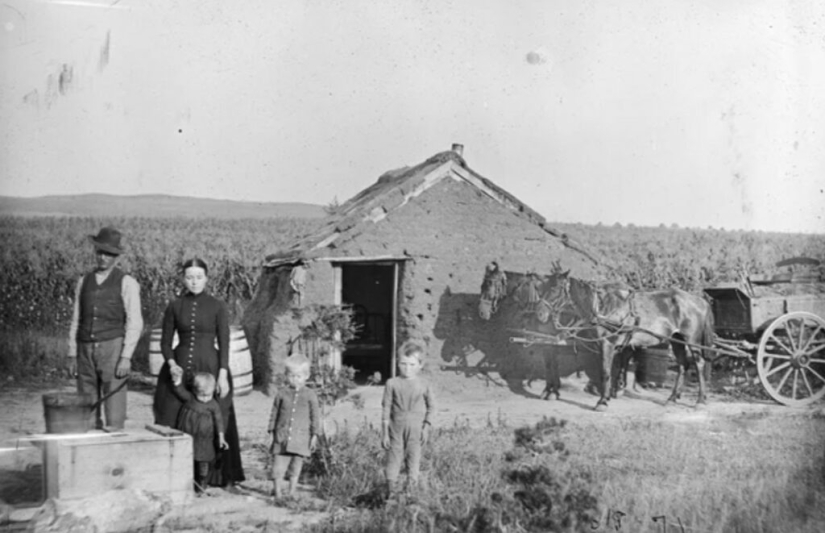
In the 19th century, most of the US population lived on farms. Therefore, Americans had no questions about what to eat for breakfast. Most often they were content with what was left of dinner. Eggs were also always relevant — poultry was kept on every farm. All this was convenient and profitable. Cooking breakfast from eggs or finishing yesterday's dishes did not require effort and time.
In the late 19th — early 20th century, the industrial revolution broke out in the United States and farmers began to gradually turn into townspeople. They moved to cities where they worked in factories. Such work was not easy, but still less tedious than the work of a farmer. But yesterday's peasants continued to eat a lot out of habit, fat and heavy.
Americans ate too much according to the farming habit in the morning. Therefore, by lunchtime, many felt drowsy and heavy in the stomach. This did not contribute to high productivity and irritated capitalists. An unexpected solution came up with Seventh-day Adventists - representatives of one of the most numerous sects in the United States. They were the first to offer their co-religionists to eat "light and delicious" corn flakes for breakfast in the morning.

As you probably already guessed, there were many businessmen among the developers of this simple diet who produce the same flakes or sell them. Refined carbohydrates with sugar were presented as a healthy alternative to heavy protein breakfasts with eggs and meat. The people believed this lie, and the flakes began to gain popularity.
In the 1940s vitamins were discovered and soon they learned to create them artificially. Cereal manufacturers began adding them to their products, which became "even more nutritious and healthier". It is absolutely clear that there was nothing good in this food flavored with synthetic analogues of vitamins, but the bait was swallowed.
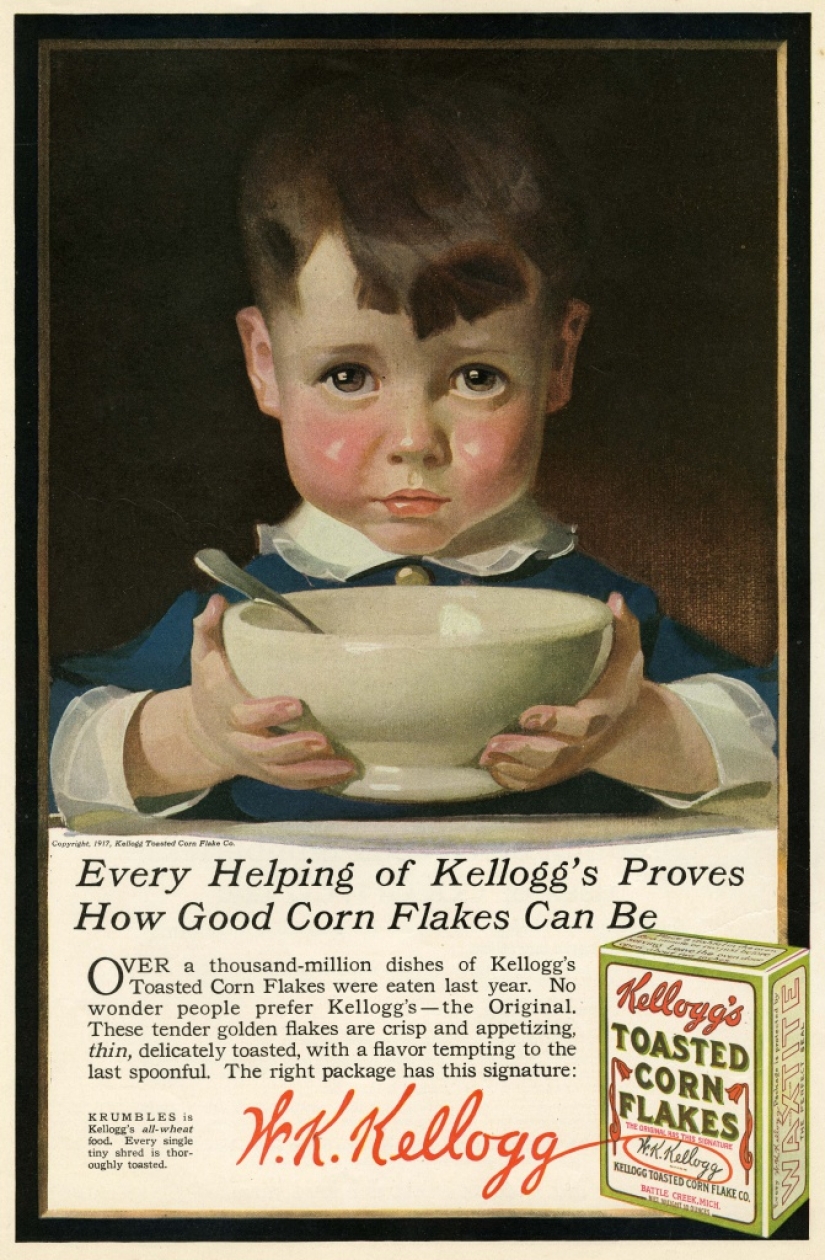
Flakes conquered the American market and began to spread around the world. The demand for them was promoted by advertising, both explicit and hidden. Hollywood regularly gave out one after another films in which happy American families have breakfast with fortified cereals with milk.
Since childhood, children have been taught that cornflakes are healthy and delicious, and breakfast should never be missed. The breakfast was chosen by the snack manufacturers for a reason. It's hard to imagine a factory worker or an office clerk messing around with a box of cereal and milk at lunch. Moreover, dinner, which for many was the most abundant meal of the day, did not fit either. But breakfast was just perfect for "steaming" cereal.
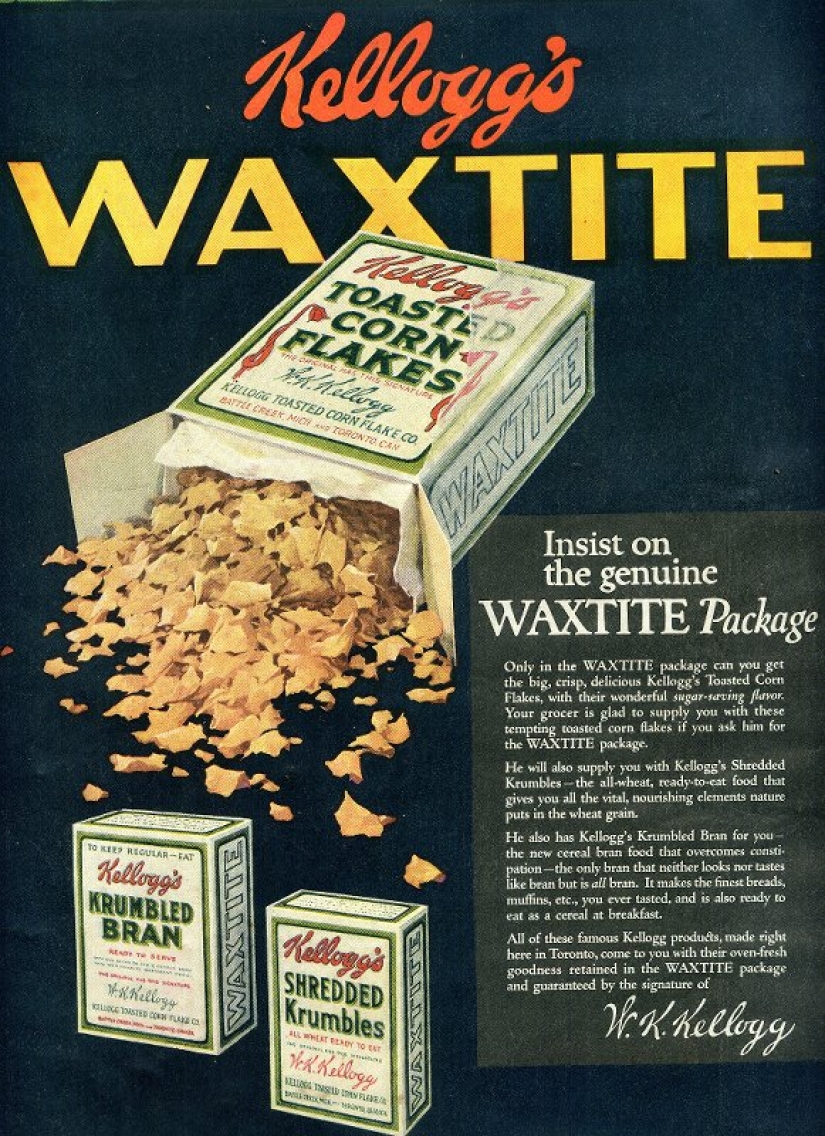
Of course, a solid scientific basis was put under all the arguments of the manufacturers. Studies bought with industrialists' money proved that without breakfast a person lives an unhappy life and attracts diseases. It was not easy to repel an information attack involving advertising, cinema and scientists, and thus breakfast became mandatory.
It would be naive to assume that egg and bacon suppliers were sitting idly by. They have entered into a merciless war for markets with cornflake producers. The Beech-Nut Packing Company, which produces bacon, hired the best PR man in the United States, Edward Bernays, to convince Americans to have bacon for breakfast.
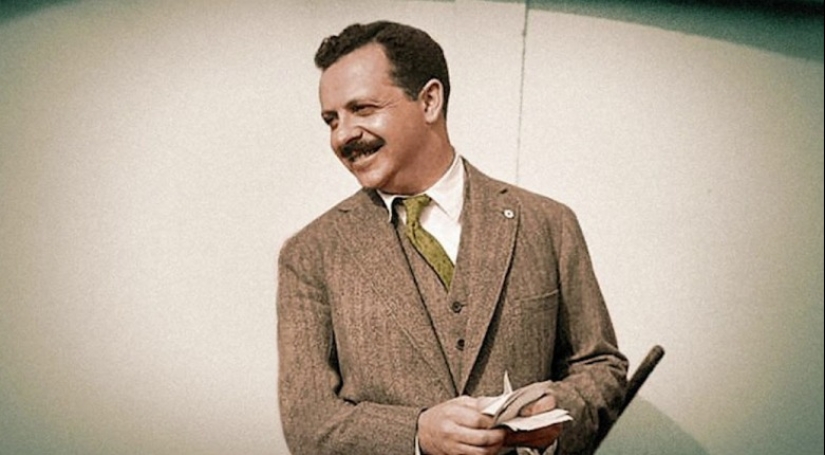
Bernays, by the way, the nephew of the same Freud, worked out every cent invested in him. He enlisted the opinion of 5 thousand healthy nutrition specialists and doctors. They all declared that a dense and greasy breakfast of scrambled eggs with bacon is ideal. Now, half a century later, we know very well that refined corn flour and sugar are harmful. We also know that eggs and bacon are fats and protein and they are much healthier.
But the thing is that Bernays didn't care about these nuances. He promoted what he was paid for and, most importantly, the very idea of breakfast. No one even thought about whether to eat in the morning or not. Americans were preoccupied with the question of what is healthier to eat for breakfast - meat or cereal.
Today, the concept of breakfast as the most important meal dominates all over the world. It is no longer a question of whether cereal or bacon is healthier. Food manufacturers produce a huge amount of "food garbage" especially for breakfast. Sausages, pates, cheeses, pastries, sweet yogurts with sugar — they were created specifically for this. We ourselves build unthinkable sandwiches in terms of calories and harmfulness.
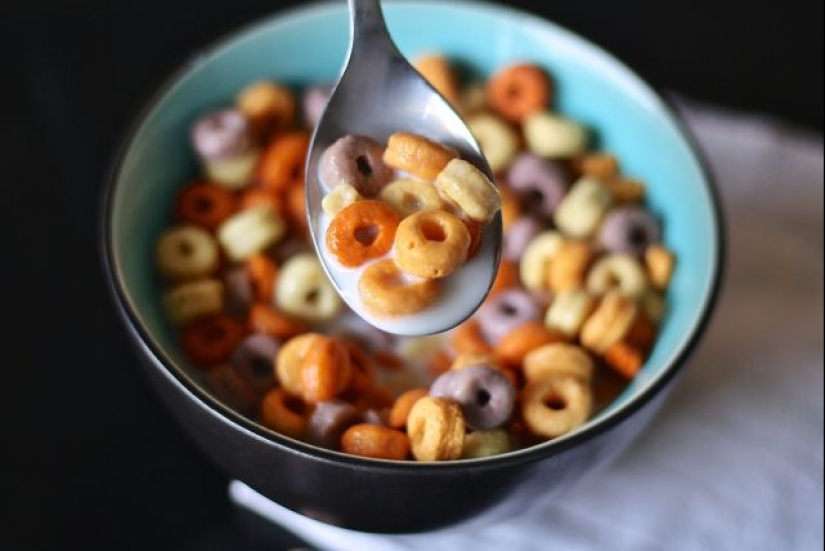
These are products that are dangerous to human health, containing sugar, preservatives, stabilizers, thickeners, flavors, and so on. All this poison has fallen on us because we can't imagine a day without breakfast. And in fact, the morning meal has one goal - to make us once again give our money for useless and even dangerous products.
Recent articles

The Celestial Empire is one of the most visited countries in the world. Every year this amazing country is visited by millions of ...

Thousands of children go missing around the world every day. Most of them are still there. Some die or disappear without a trace, ...

In the Amazon jungle lives a tribe of Pirogov, the size of which is only 400 people. These people do not sleep, do not know the ...